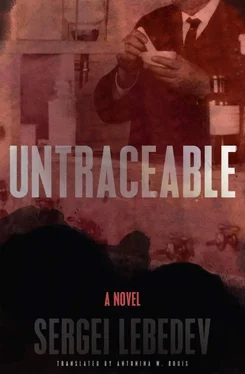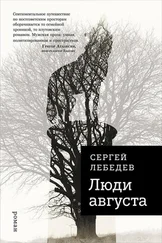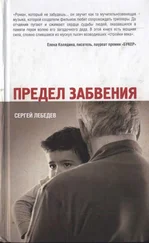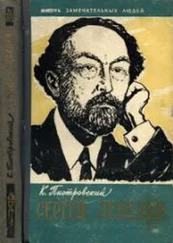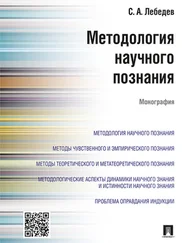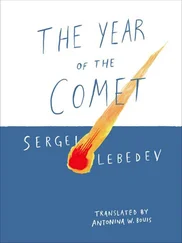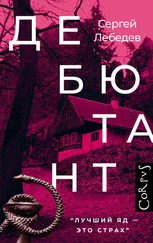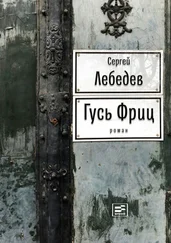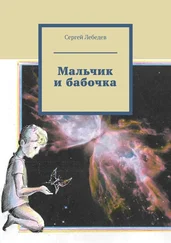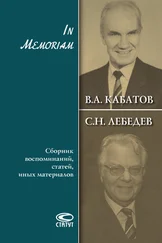Сергей Лебедев - Untraceable
Здесь есть возможность читать онлайн «Сергей Лебедев - Untraceable» весь текст электронной книги совершенно бесплатно (целиком полную версию без сокращений). В некоторых случаях можно слушать аудио, скачать через торрент в формате fb2 и присутствует краткое содержание. Город: New York, Год выпуска: 2021, ISBN: 2021, Издательство: New Vessel Press, Жанр: Современная проза, на английском языке. Описание произведения, (предисловие) а так же отзывы посетителей доступны на портале библиотеки ЛибКат.
- Название:Untraceable
- Автор:
- Издательство:New Vessel Press
- Жанр:
- Год:2021
- Город:New York
- ISBN:978-1-939931-90-0
- Рейтинг книги:3 / 5. Голосов: 1
-
Избранное:Добавить в избранное
- Отзывы:
-
Ваша оценка:
- 60
- 1
- 2
- 3
- 4
- 5
Untraceable: краткое содержание, описание и аннотация
Предлагаем к чтению аннотацию, описание, краткое содержание или предисловие (зависит от того, что написал сам автор книги «Untraceable»). Если вы не нашли необходимую информацию о книге — напишите в комментариях, мы постараемся отыскать её.
Untraceable — читать онлайн бесплатно полную книгу (весь текст) целиком
Ниже представлен текст книги, разбитый по страницам. Система сохранения места последней прочитанной страницы, позволяет с удобством читать онлайн бесплатно книгу «Untraceable», без необходимости каждый раз заново искать на чём Вы остановились. Поставьте закладку, и сможете в любой момент перейти на страницу, на которой закончили чтение.
Интервал:
Закладка:
Now that his second life was heading for the sunset, he knew that there was no need to ask for guidance. He was the decision himself. The deed. The key. He would not act, but something would happen through him. He was blind and seeing. Empty and full. Alienated and involved.
Travniček had been watching the man on the hill a long time. Sine ira et studio . He did not make inquires. He did not try to call him in for a chat. But he kept the resident of the old house in the field of his wakeful inner attention. His past life had taught him to protect particularly those secrets that are clearly known to you but not out in the open.
They tried to turn him into an informer for so many years! To make him tell what he heard in confessions, to inform on his parishioners, his brethren! They were pressuring him, aware of the hidden features of his character: his perceptiveness, his ability to judge a person from the tiniest details, and they tried to make the argument that they needed his reports because they trusted his judgments and wanted to act justly and honestly. And he had had the shameful thought of playing with them, to deceive them and agree—while in fact reporting false information that could not harm anyone. He rejected those thoughts. But he remembered them and never forgave himself. So now he did not rely on perception. It was enough for Travniček that it was he, and not someone else, who learned what was happening; that meant his experience was needed—with all the extremes, narrowness, dead ends, scars of injury, and knowledge of salvation. But how this experience would come in handy, what would happen and what would not, Travniček did not ask himself. His task was simply to be present, here and now.
To pray about the enlightenment of existence. And to wait.
Travniček could not have said exactly when he first realized something special about the man on the hill. He did not have a clear guess or strong suspicions; those concepts were alien to him now.
Weren’t there a lot of dried-up scientists, aging bachelors, who liked solitude and lived on their former ambitions? Travniček could name a few more in the area. Did he feel a dark shadow over the house in the beech forest? No.
His flawless pastoral sense was subdued: the man on the hill seemed to be protected by supernatural barriers; cut off from life, from its currents and impact. Hidden in a capsule a priest could not penetrate. Even one like him.
The pastor had never encountered barriers that were fierce on their own. Such extreme suffocating insularity of the spirit, as if a man afraid of living had moved into a coffin.
That is why Travniček knew that the proximity was not accidental; he was there as a sentry, on guard duty. In other places, others guard. But he was given this destiny, this door.
He would do it right, Lord.
Travniček knew that few people took him seriously. In part, he was happy for the mask placed on his face. The ugly muzzle helped to hide his inner tragedy. But now the pastor sensed that the forces of fate had come into play; he would have to reveal his real face.
He was sent—or exiled—to these parts decades ago. From the start, long before his meeting with the man on the hill, he did not seek meaning: Why here? He knew that he was paternally punished by the simplicity of daily life.
“I know thy works, that thou art neither cold nor hot: I would thou wert cold or hot. So then because thou art lukewarm, and neither cold nor hot, I will spew thee out of my mouth.” Travniček repeated the familiar and yet unfamiliar words from Revelation, each time unfading and new in the truth directed at him.
But there had been another truth in his past as well.
For the apostle had said: “And these signs shall follow them that believe; In my name shall they cast out devils; they shall speak with new tongues; they shall take up serpents; and if they drink any deadly thing, it shall not hurt them.” Travniček not only knew these words by heart, he had experienced them in spirit and flesh; and he re-experienced it, saying the words.
Words about miracles.
With the idea of miracles, he came to the church as a youth. It was many years later he realized that in fact he feared miracles. Feared God, feared the truth of revelation, preferring the God of sacred books, the God of churches and scripture, the God of saints—true but mediated, interpreted, explained, elucidated, expounded. His faith was the faith of culture, artifacts, tradition.
Acutely sensing evil, able to recognize it, he ran to the church from evil, hoping to find salvation in righteousness. But ritual, literal righteousness became something like insurance, a guarantee that God would notice him and forgive his weakness, his fear, and protect him from encountering evil face-to-face.
How long ago that was!
He remembered the early postwar years. Brief years of confusion and hope, when it still seemed that the new civil authorities would restrict the church but not destroy it. Talk of points of conversion. The rejection of open conflict. Of humanistic analogies with Communism.
How quickly that had ended!
When the real persecution began, when youth organizations were branded illegal and criminal, when church meetings were disbanded, when provocateurs were sent in—he had naively hoped that this would lead to a renewal, a rebirth, a return to the heights of faith that had existed during the Roman persecution. He thought it was time for the church to separate itself from the state; to give up that shameful semidependence, full of compromises, that had existed under the Nazis. If the authorities force it to break with them, all the better.
Dreamer!
Alas, he did not understand in time that a path of other compromises was beginning. He could not flee to the West, he could not abandon his flock, even though he often thought that people today would be better off with another priest, more sensitive, gentler, earthly, and understanding. “We are the church of the weak, and we must go to the weak, to the doubters.” A celebrated pastor was supposed to have said that.
He turned out to be firm of heart. Another seed grew out of his weakness, the seed of resistance, which made him wonder if it were too human. Did it have any connection to faith? To biblical truths? “Submit yourselves therefore to God. Resist the devil, and he will flee from you,” he read the words of the epistle. He asked himself: Are you interpreting it correctly? Isn’t it a lie to identify civil authority with the devil’s evil? He could not find a clear answer.
He kept feeling something he could not name. Thirst? Longing? Dissatisfaction? Sehnsucht , a passionate yearning for saintliness?
That lasted for years. He was moved by the energy of dissatisfaction, a feeling of crowding. He began distributing underground Christian literature, samizdat , as they called it in the East. Writing articles under a pseudonym. Collecting money from trusted parishioners to help the persecuted.
Then people from the gray building noticed him. The ones who are supposed to notice. He accepted their approach, their surveillance with anxious joy. It seemed to be a sign that he was acting the right way. Of course, his longing never found either incarnation or release.
How many years he had lived with them, in their shadow! Irredeemable, irreplaceable years! Slow years, like the ripening of juniper berries in the churchyard.
He grew accustomed to them. To the surveillance from nearby houses. To the cars that followed him on the empty highways at night. To strangers who deftly tried to worm their way into his trust. To secret searches of house and church, the feeling that nasty fingers had touched his things. To ears eavesdropping on his telephone conversations. To eyes reading his mail and following him on the street. To marked letters. To denunciatory articles in the newspapers. To faked “demands” to replace him with a pastor who would be more attentive to the parishioners’ needs. To petty and consequential nastiness.
Читать дальшеИнтервал:
Закладка:
Похожие книги на «Untraceable»
Представляем Вашему вниманию похожие книги на «Untraceable» списком для выбора. Мы отобрали схожую по названию и смыслу литературу в надежде предоставить читателям больше вариантов отыскать новые, интересные, ещё непрочитанные произведения.
Обсуждение, отзывы о книге «Untraceable» и просто собственные мнения читателей. Оставьте ваши комментарии, напишите, что Вы думаете о произведении, его смысле или главных героях. Укажите что конкретно понравилось, а что нет, и почему Вы так считаете.
